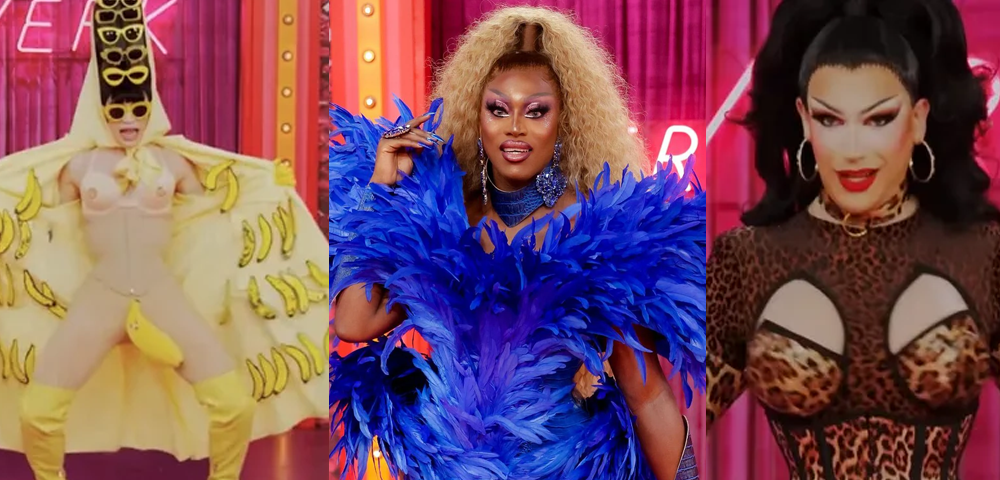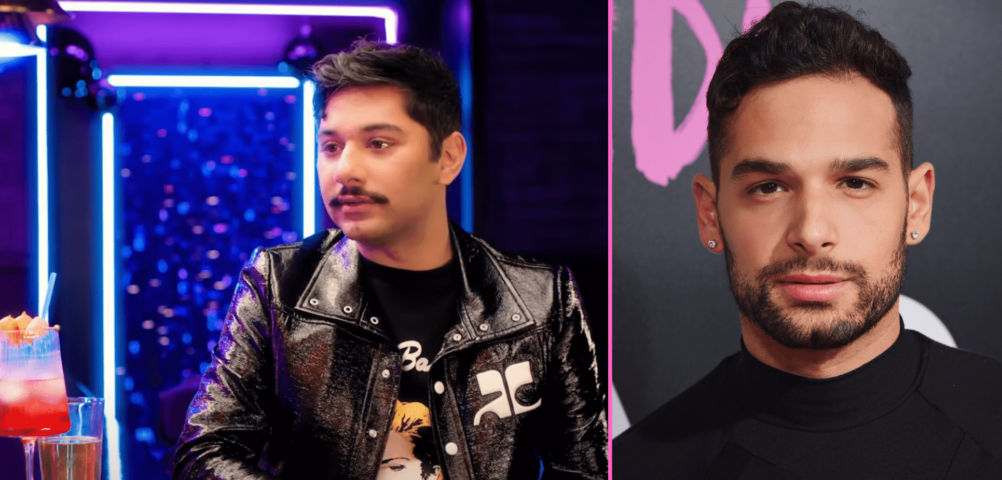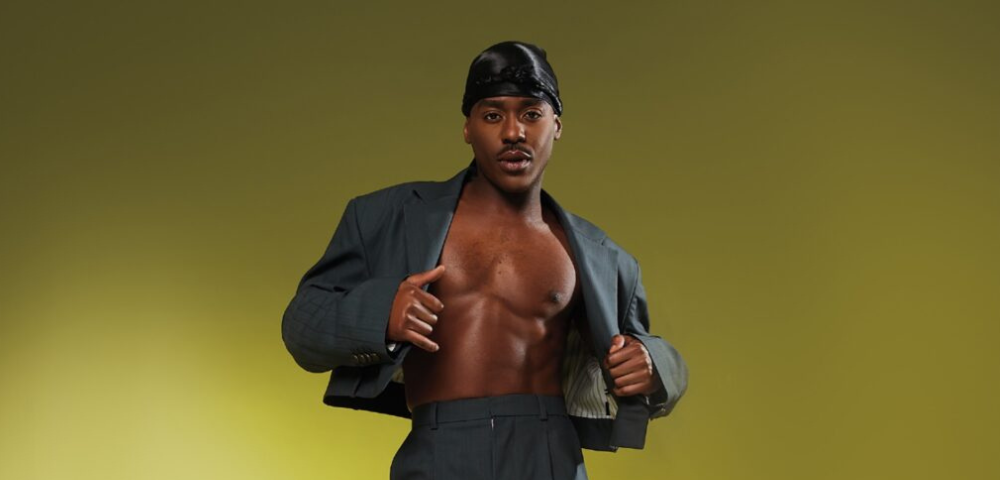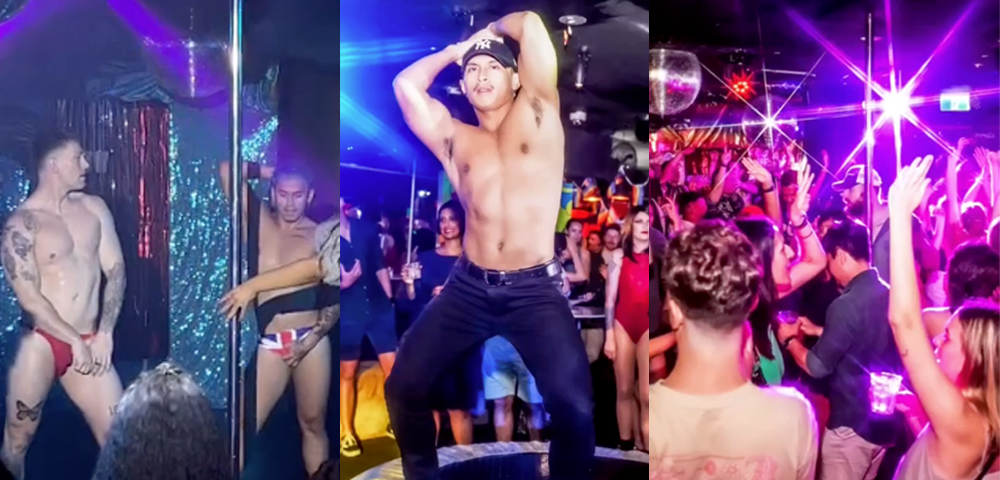
Star Sport Star – Daniel Witthaus
My name is Daniel Witthaus and I am a 33 year-old challenging homophobia educator. Born in Geelong, I was late to come to tennis because my mum thought it was a sport for “posh people” and my dad thought it was “for pooftas”. As a teenager I won a Victoria-wide championship for under-18 boys.
Q. What gay and lesbian sporting clubs are you a member of and how long have you been with them?
A. VicTennis, Melbourne’s gay tennis club 1999-2004; AceGirls, Melbourne’s lesbian tennis club (honorary member) 2005-current; CHISI (Challenging Homophobia in Sports Initiative) 2007-current.
Q. When did you get involved in the clubs and why?
A. When I moved to Melbourne in 1999, I promised myself I would do things I’d always wanted to do, and one of those was tennis. Starting at 23 with VicTennis, I started at the bottom of the tennis ladder. Through media promotions for the Sydney Gay Games, I met my mixed doubles partner, and through my support of her and her tennis club, the AceGirls, I was the first gay man to be an honorary member.
Q. Who would you consider a mentor or role models in sport? Why?
A. My aunt who drove me everywhere so I could be a top darts junior. The supportive gay men and lesbians who saw a tennis player with bad technique and saw that maybe I could become a decent player. My doubles partners who experienced losses with me only to watch me improve and share victories with them.
Q. What is your greatest sporting moment? Why?
A. I lost in the first round of singles and doubles at the 2002 Sydney Gay Games. I decided my goal was to be competitive in 2006 for the Gay and OutGames. When I arrived in Montreal for the OutGames, I was a different player. One week later I stood on a court, not quite believing I had won the gold medal.
Q. How old were you when you began playing sport? Were you openly gay at this time?
A. I was not openly gay when I was playing darts for a football club in Geelong. I was profiled at 18 as the face of Volunteer Week in The Geelong Advertiser for my work supporting local gay and lesbian young people. I arrived at the football club the next week to find my teammates silent. One finally shook the paper at me, asking, “What’s this about?” I explained it before another asked, “Are you gay?” When I answered that I was they went silent. The original paper-shaker then said in a hurt voice, “Well, why couldn’t you fucking tell us?” They continued to love and support me in their blokey way.
It took a while for me to come out to my mainstream tennis club, and I only did so after playing a Club Championship Final in 2006.
Q. Who is your biggest sports fan? How do they show their support for you?
A. I think my doubles partner, Joe, who I won gold with in Montreal, is my biggest fan. He, more than most, knows how my tennis story has evolved and what I have put into it.
Q. What is your most embarrassing sports moment?
A. During a quarterfinal Joe and I were playing at an international tournament, I hit a shot, stumbled, dropped my racquet and almost fell over. I had to pick up my racquet, sprint back across the court and get to a ball. I had white-line fever, reached it and hit a winning backhand which sent the crowd into laughter.
Q. Tell us about your best sports night out ever.
A. The closing night of the 2006 Montreal OutGames, I had an injured ankle and could hardly walk. This ruled me out of the closing night dance party. I was encouraged to go out by a new friend. He me out to a lap dancing place. I sat at the bar with my foot up on a stool while we talked. With my foot up, it started lots of conversations.
Q. How would you get readers interested in your sport?
A. The biggest challenge is getting people to try tennis. There is usually a moment where people start playing and stop being self-conscious.
Q. What is the best thing about your sports club?
A. The best thing has always been the connections I have with others.









